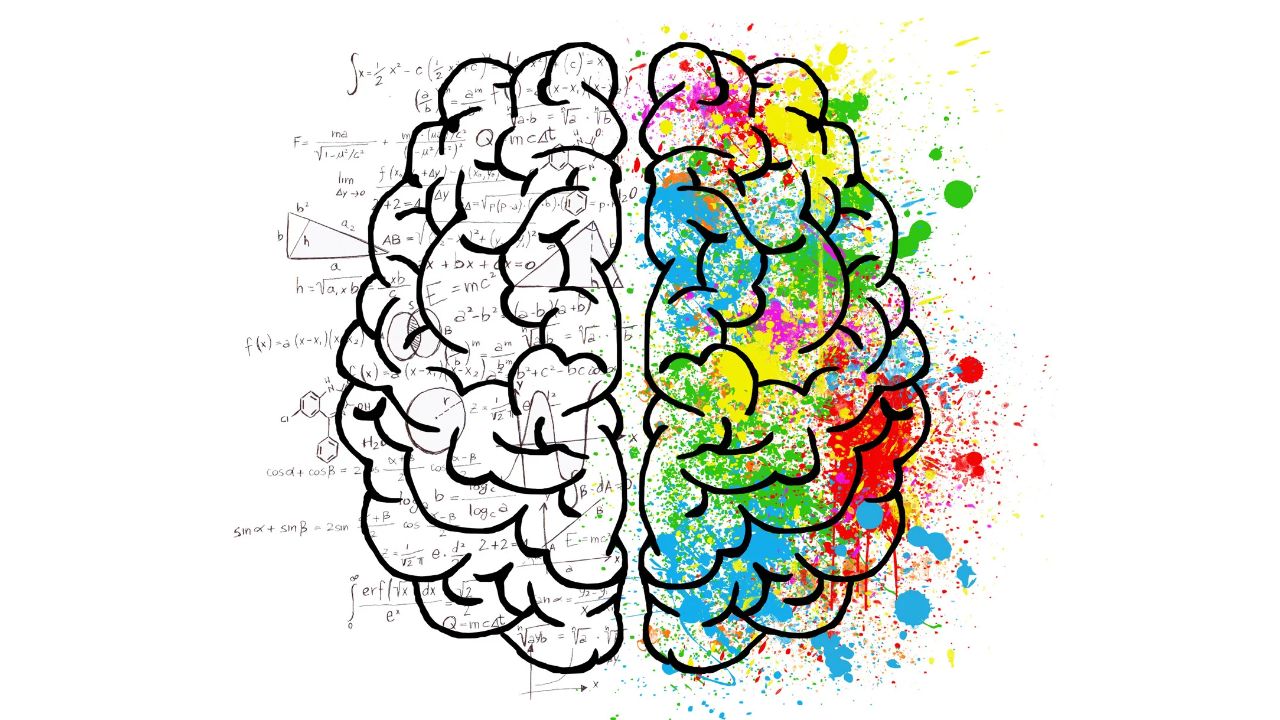
122 years ago, biologist Karl Landsteiner was working at the Pathological-Anatomical Institute of the University of Vienna when he made an odd observation – an observation that no human had made before.
He was combining blood samples when he saw them becoming thick with little clumps. He noticed this would happen when samples from two different donors were mixed together. This piqued his interest, so he decided to follow up. He had not been experimenting with this idea long when he noticed that the clips would not form when any two samples were mixed, but only samples from certain donors.
And thus, the blood types were born.
For his discovery, Landsteiner won the Nobel Prize in 1930, but he got an even greater honor in the years that followed. He is considered the father of transfusion science since his discovery made safe blood transfusions possible and saved countless lives.
But what fascinates me about his discovery is the insight into our uniqueness it provides…
We all eat. We all sleep. We all experience pain and joy. And yet, we have different nutritional needs based on our biological makeups. 8 hours of sleep is enough for some while others can barely function on 10. And no one of us will ever know just what it’s like to hurt or be happy like our neighbor does. Even though we are all humans, we are different, even on a cellular level.
And the same is true of your brain!
Recently I wrote to you about the 7 cheap, simple strategies for boosting your brain’s performance. I can recommend these strategies with confidence because, to a point, all brains are alike. There are some things that will help, and other things that will hurt, all brains.
But not all brains are identical. Dr. Daniel Amen has discovered that there are brain types just like there are blood types, and your brain type will determine your needs.
Which of the main 5 types sounds like it might be yours?
Balanced. This is what one might call the “ideal” brain type – moderated, regulated, and – well – balanced. Someone with a balanced brain is inclined toward a healthy emotional life and quality cognition.
Spontaneous. This is a risk-taking brain – an active, adventurous brain – creative and upbeat, but easily bored and relatively impatient. Increased impulsivity comes from reduced activity in the areas of the brain governing judgment.
Persistent. Someone with a persistent brain may get stuck in their own ways. They like being in charge and are reliable for accomplishing tasks, but they may also be fixed in their mindset. Their frontal lobes are working overtime.
Sensitive. As the name implies, this is an emotional brain. Sensitive brain types feel things deeply and are extremely empathetic, but may also struggle with symptoms of depression.
Cautious. Cautious brain types prosper in low-tension environments. They can be anxious individuals, easily agitated, but this can also spur them on to be highly motivated and organized.
As you read about the brain types, maybe more than one sticks out to you. You are not alone – Dr. Amen and his team have identified 16 subtypes among these 5.
So if you’d like to find out what your exact brain type is – and what supplements you should take to serve it best – you can take the Brain Health Assessment here.
Then, if you’d like to send me your results, I can offer you a short debrief to let you know how you can best care for your brain type.
You’ve only got one brain – so you should care for it as well as you can!
Make today your masterpiece!
Florina
Get My Blog Posts Right in Your Inbox Every Week
Make your mental health a priority. Receive tips and strategies for living well – mentally, physically, and emotionally – every week.
Get My Free Guide: 7 Cheap, Simple Strategies for Boosting Your Brain Performance
Better focus – clearer memory – faster cognition – more mental clarity – improved intellect…
Your brain is capable of beautiful things. If you don’t think you’re getting the most out of your cranial supercomputer, you can reap the benefits of these 7 simple strategies for the low, low price of “free.”